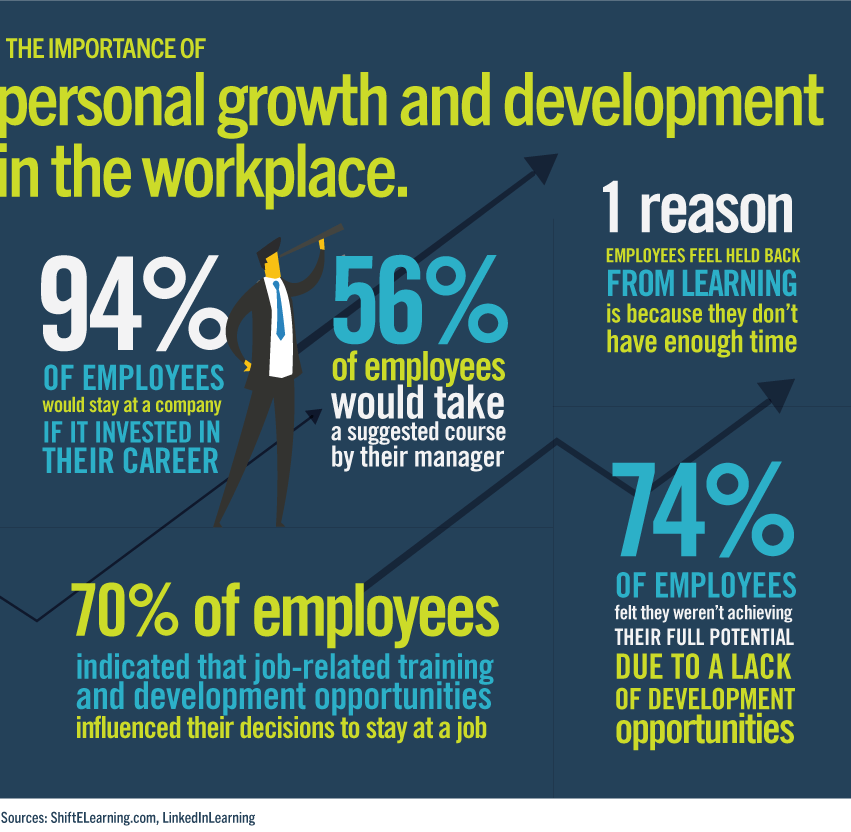Today I share some tips that if you learn and apply them, they will make you a negotiator; And a good negotiator definitely brings money into your business.
But, what is negotiating ? Conceptually, it is understood as negotiating the process by means of which at least 2 parties agree on the individual advantages that correspond to each one in the commercial, interpersonal or any other nature.
When we start a business we are practically negotiating all the time: we negotiate when we buy, we negotiate when we sell, we negotiate conditions with our collaborators, we negotiate credit options, we negotiate terms, we negotiate added value, etc. In short, we negotiate a thousand things every day and that is why learning this skill can drastically transform the results of your company.
- You must always be alert. Once you understand that everything is a negotiation, then you can be vigilant and make sure that you always get great advantages and convenience benefits for your business. When you are on the phone, when you meet with a client, when you send a quote, we are always negotiating this must be reflected in your attitude and mentality as well as that of your collaborators.
- Get advice before deciding. Negotiations often involve topics that you don’t necessarily have to master perfectly. Before making decisions, be sure to consult and advise you properly. For example, a tax issue should be discussed with an auditor. A production issue with an engineer and a working conditions issue with a specialist in human resources. It does not mean that all these people work for you but it does mean that you can have contacts that help you visualize the best alternatives in a negotiation.
- Try a pleasant climate. A business issue is always easier to solve in a pleasant environment. A lunch, a breakfast, a coffee are usually facilitators for your business meeting. Meeting for an important decision in a stressful office environment is not always the best option. For whatever reason, great businessmen make their biggest decisions on relaxing golf courses.
- Always apply the win-win principle. Seeking advantages and obtaining excellent benefits for your business does not necessarily have to mean that your counterpart loses out. In fact, the best negotiations are those where both parties perceive a degree of satisfaction and of having obtained the right thing. In fact, according to this principle you can sometimes take the win-lose position, but this is only acceptable when you want to keep the relationship and because it is much more valuable than any financial benefit.
- Learn to listen. A good negotiator is a good “listener.” The process requires you to carefully and thoroughly analyze the arguments raised by your counterpart. In the act of listening you will find opportunities to argue and ask on your behalf. This principle is closely related to sales techniques in which you aim to sell a deal.
- Be very temperate. Temperance is a virtue of great businessmen. Temperance talks about controlling oneself, not rushing, always listening before speaking, not getting angry or falling into despair. Much less give up. It is always keeping control even when the other party tries to provoke you. If you learn to maintain self-control, you will have an advantage in the business arena.
- Never give it your all from the beginning. A bad businessman is one who delivers all his advantages and facilities without being asked for it. Negotiating is going step by step, it is giving and receiving. Raise your offer gradually and within your previously analyzed limits. Avoid getting into “all or nothing” situations as this only locks you in and leaves no outlets that benefit both of you.
- Work on interpersonal relationships. This tells us about preparing the field of action. It is much easier to negotiate with someone with whom you perceive some empathy than with a total stranger. Managing relationships effectively is one of the most important skills in this process. Being attentive, jovial, fun and creating a pleasant climate will facilitate decision-making.
- Be true to your values and principles. This is a fundamental priority that can be the alarm signal when a negotiation is not convenient and must be abandoned. Whenever you detect any threat to your moral, ethical or commercial principles, simply and politely indicate to your counterpart that it is not within your possibilities to continue with this process. When you are clear about this principle, you will understand that in these kinds of situations you earn much more than this particular business could leave you financially speaking.
- Make sure to close the deal by creating a compromise. The negotiation process is based on words, but the agreements must be made formal either by signing a document, an act, an email, a quote or any physical element that commits both parties to the agreement.
Remember it, learning to negotiate is a skill that transforms small businesses into big businesses. Properly applied trading techniques can make the difference between some income and great profits. And what others would you apply?
You may also like:
![How to Develop an Entrepreneurial Mindset [Podcast] How to Develop an Entrepreneurial Mindset [Podcast]](https://businessguarantor.com/wp-content/uploads/2021/03/how-to-develop-an-entrepreneurial-mindset-podcast.jpg)
























